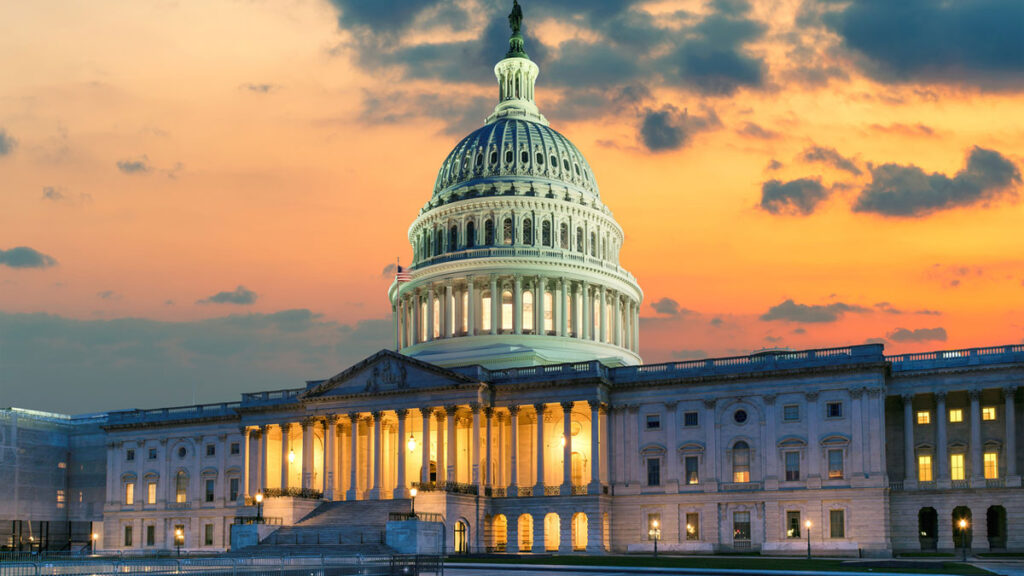The Looming Government Shutdown

Image courtesy of US Wealth Management
By Maddie Bartol
A government shutdown is scheduled to happen on Nov. 17 after a 45-day CR was passed on October 1st.
This CR came after much infighting between the two parties on where funding should go and who should not receive funding. During the shutdown, most government entities are unable to function, because there is no money. Entities such as national parks and museums funded by the federal government must remain closed during a shutdown. However, not all government entities completely pause. A few select programs, such as Social Security Benefits, Medicare, and debt repayment all continue.
If someone is not an essential worker of the government, they are furloughed. Since 2019, employees of the government who have to work during a shutdown have been able to receive retroactive pay, or back pay. Once the government shutdown ends, essential workers will get paid for that time during the government shutdown. However, government shutdowns leave many without work and a stable paycheck. The military alone would have to furlough 800,000 civilian workers. None of these civilians would receive pay until the government shutdown ends, leaving them with no income stream.
The United State’s last government shutdown was from December 2018 to January 2019. It was the longest government shutdown this nation has seen, spanning thirty-five days. This nation has had a sparse amount of government shutdowns, only six since the turn of the century. The average length of a shutdown is just about a week.
The United States government had a close government shutdown call this October 1st, where at the final hours, Congress was able to pass twelve appropriations bills to fund the government for forty-five days. This comes after weeks of infighting between the Democrats and Republicans for what should be included in these bills. Republicans this budget season tried to pass big spending cuts, something the Democrats were not too keen on. Negotiations are still ongoing, for these appropriation bills do not fund the government for the year, but rather only a certain amount of days.
A handful of Republicans dragged their feet when it came to passing any kind of budget, arguing for more drastic budget cuts and an increase in border funding. A major player in this budget game was the House Freedom Caucus, which wanted to astronomically slash spending to bring down the nation’s debt. This led to many arguments that led to then-House Speaker Kevin McCarthy (R-CA 20) having to mediate. Some members refused to deal with the budget until they attempted to impeach Biden.
Looking to the future, Congress has till November 17th to pass a budget. This has been made only more difficult since McCarthy was removed from speakership by a motion to vacate from Rep. Matt Gaetz (R-FL 1). Because of his removal, the House can do very little until they elect a new Speaker, and that has shown not to be an easy task for Republicans. A division has been created in the party and tensions run high. Until the House has selected a Speaker, it is a grim future for the budget.
*Editors Note: This article was written prior to Speaker Johnson’s election.





